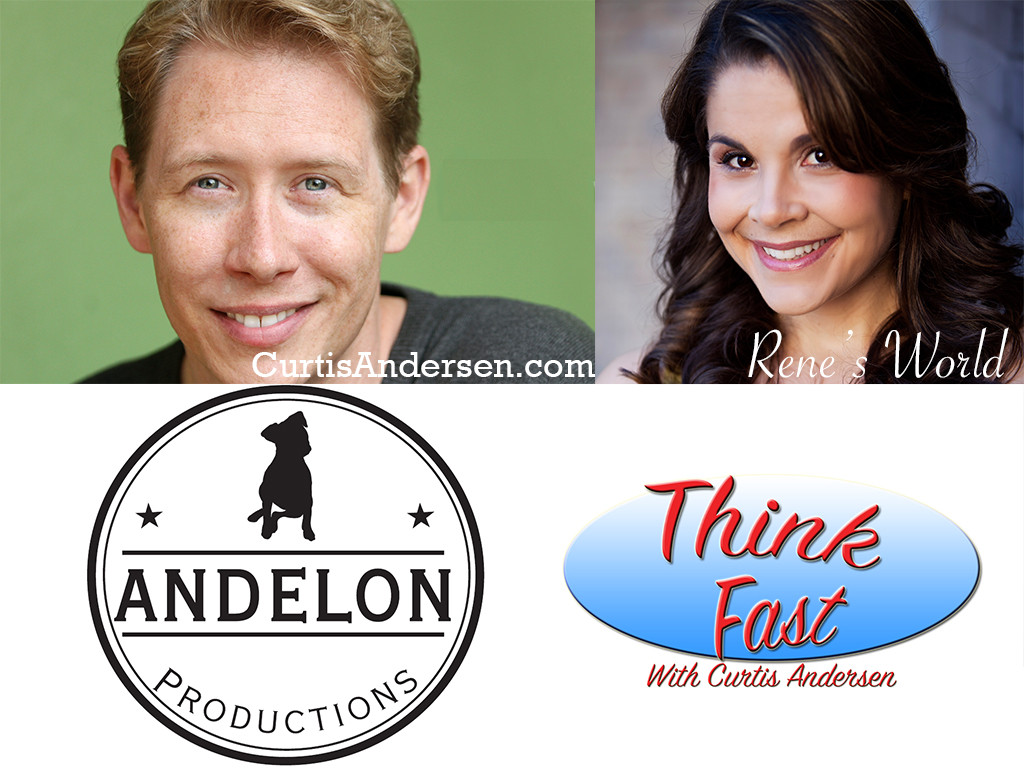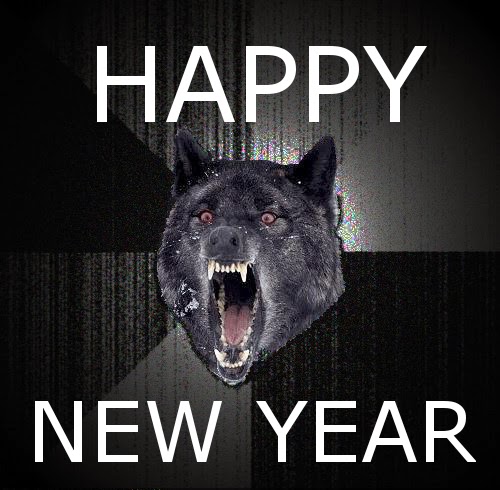In 2012 I had a bad July.
We were just coming off of a successful production for the plastic surgeon documentary and were heading full steam ahead into post. The next two projects were lined up and crewing up. We were knee deep in casting and then disaster struck – all but our initial financing fell through…
The next six months worth of work were gone. Worse than that, being the lead producer, I suddenly had employees who were also out of work. The projects were shot and my credibility was shot.
It was a very bad July.
Losing funding is nothing new in the entertainment industry. It, literally, happens every day. In the initial days of the financial crisis it was sometimes happening several times a day (that’s a different, less terrible, story). But the devastation caused by the loss is dependent on several key factors:
- Type of project.
- People associated with the project.
- The likelihood of replacing the funding.
For big studio pictures having a project flounder isn’t such a big deal. They can repackage and attempt to get it made for years or even decades.
If you have major stars in your project it’s a bit easier to keep interest up and entice new money.
In the end, if you have a strong track record, are a major studio and/or have the star power to put butts in seats then your likelihood of replacing funding is strong and you just need to survive the delay.
We didn’t have any of those benefits.
What we did have was a great idea, a FANTASTIC crew and some interest from prominent distributors who were looking forward to seeing a final cut. But it wasn’t enough to get the funding back in place in time to keep our production schedule.
Working in Hollywood often means that your credibility is also your line of credit. Things can happen on a handshake, but then they better happen. Just like your credit score, it is very easy to damage your credibility and not as easy to build it back. I like to pride myself on keeping my word, especially in business, but that July the rug was tugged out and, direct fault or not, I was holding the bag and all the excuses and apologies in the world doesn’t change that.
It’s easy to find stories about success in Hollywood, it’s all anyone wants to talk about. Scoring deals, making movies, living the dream – the whole town runs on the hope and wish fulfillment popularized by the trade and gossip magazines and entertainment shows. But you can’t throw a stone in the Los Angeles Metro Area without hitting someone who’s had it all fall apart on them…
…and everyone else is scared that they’re next.
You can feel it in the casting waiting rooms, executive board rooms, and every Studio City apartment. No one is immune, but you do have a choice about how you cope and what you do.
I decided to fall back.
With the projects completely stranded, we used what money we had to pay out who we could (everyone who wasn’t a producer) and I went back to my desk to start shaking the money trees. For months I was pretty much locked away at home licking my wounds and looking for rent money on top of project funding. I was making daily phone calls of apology to partners, crew and fellow producers. I was working out what the tax issues would be… I was mourning the loss.
Normally this is where I’d tell you that at least something good came out of it, there’s a moral about keeping hope alive and the music swells as we get to a happy ending… but, no, that’s not really how this story ends. While my life certainly hasn’t fallen apart, I am still recovering, career wise, from the loss of these projects. We have gotten some things back on track, but not made. I have regained at least a little bit of my credibility with the people I was most worried about, but frankly I’m not sure about everyone. Even fifteen months on I carry a great deal of guilt about the whole thing.
I don’t know that I have any good advice about how to deal with this since I’m still in the thick of it, but I did think that it was something that was worth writing about because, whether you’re a vet or noob, nobody tells you about the failure part. It happens, more than anyone wants to admit, and you aren’t alone if it happens to you. In fact, if/when it does happen, you’re in really good company. Every major entertainment player has a horrible story they never want to tell and really they are the best example to follow. Anyone who finds success in this business does so due to a combination of hard work, determination and skill. Perseverance, talent and an eye for opportunity can turn the whole thing around and, as quickly as everything was taken away, the ship can be righted and back on course.
What I hope you take away from this is that failure is only as bad as you let it be and that it’s OK, healthy even, to be upset and mourn the loss of a project, a part or a gig. The end of a project is merely the end of a project, not the end of the world. The nice thing is that there is always something else out there. It might not be right around the corner, and you may not be ready to hear it, but it is out there. It’s up to you to get yourself collected and get back on the horse.
I’ll see you out there.




This, this, all the this!
If you are a creative, this video will sounds very familiar – but it’s a universal message. Lord knows I’ve been down this road a few times. Determination, persistence and touch of naivete is usually enough to win the day – it’s just the “day” in question usually lasts for years.
Share this:
Like this:
Leave a Comment
Filed under actor 101, actor stuff, art, artist, behind the scenes, commentary, doing new things, education, fail, failure, filmmaking, friends, fund raising, general, getting fit, getting started, happiness, how-to, inspiration, jobs, learning experience, making movies, productivity, projects, REVOLUTION, social commentary, video, videos, YouTube